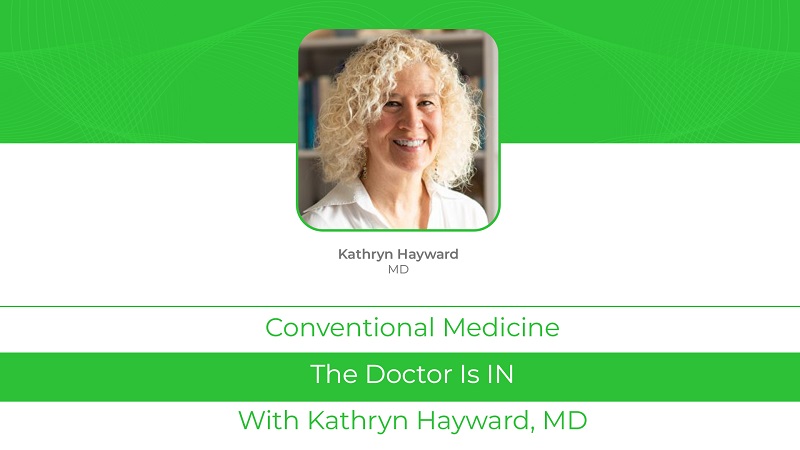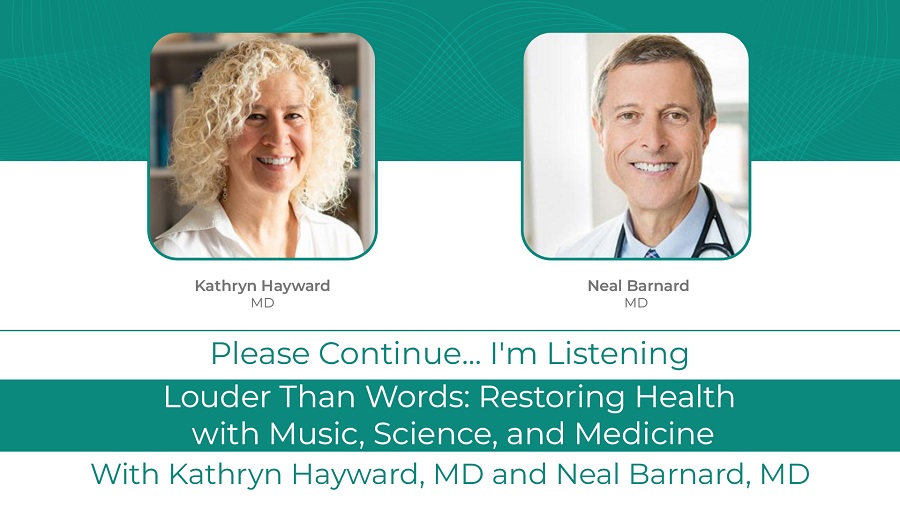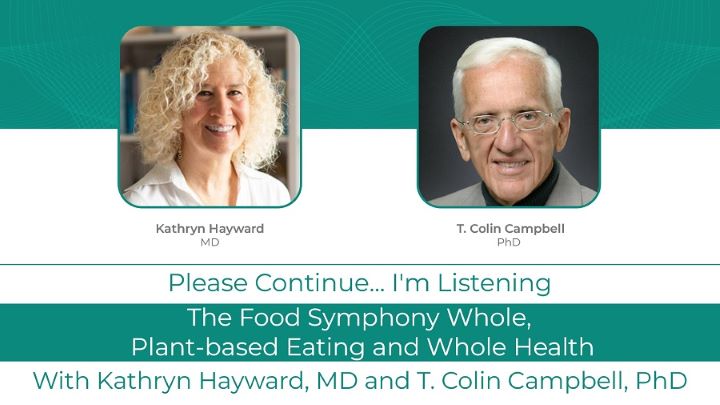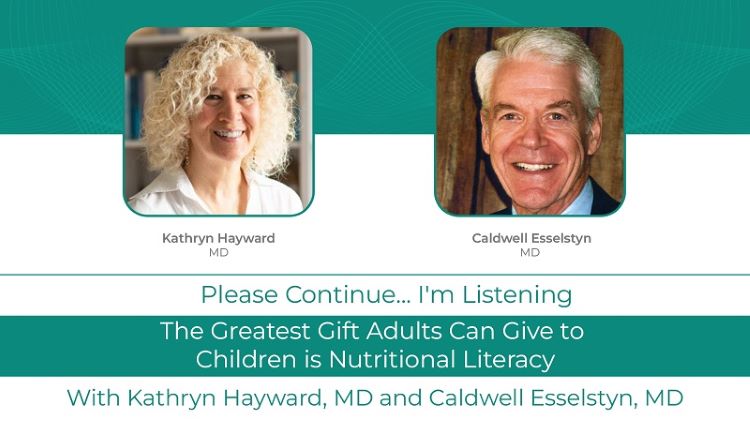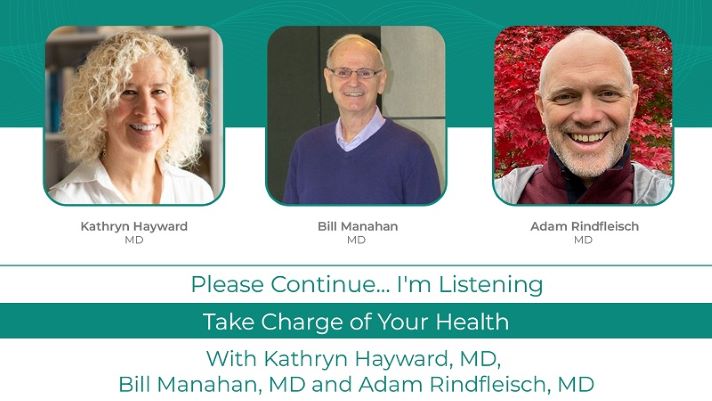Evidence-based medicine is a set of principles and methods intended to ensure that to the greatest extent possible, medical decisions, guidelines, and other types of policies are based on and consistent with good evidence of effectiveness and benefit.
David Eddy, MD
Conventional Medicine, or Western Medicine, is commonly practiced in many parts of the world. Many people turn first to the conventional medicine system when they face a health challenge, believing that the care they will receive is based in science. A patient who sees a conventional medicine practitioner is asked about the history of the health issue and is examined, and then may undergo further diagnostic procedures, including analysis of tissue and fluids and imaging studies. Once diagnosed, a patient can expect to be offered pharmaceutical medications, physical rehabilitation, talk-based psychotherapy, radiation therapy and/or surgery.
While aspiring to be evidence-based, recent studies reveal that only 20-33% of conventional medicine recommendations are based in solid science. In addition, the third most common cause of death in the western world, after cancer and heart disease, is medical error. These revelations have had at least two beneficial effects: they inform us about the lack of evidence so that we can be more realistic in our expectations and more aware of the uncertainty in medical decision-making, and they incentivize those of us in the medical community to search for better evidence and be more honest with the public about what we know and do not know. The conventional medicine practitioners in Living Whole Online appreciate these complexities and can help educate you as you thread your way through the conventional medicine system.


